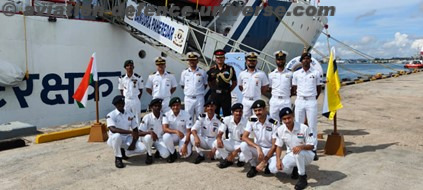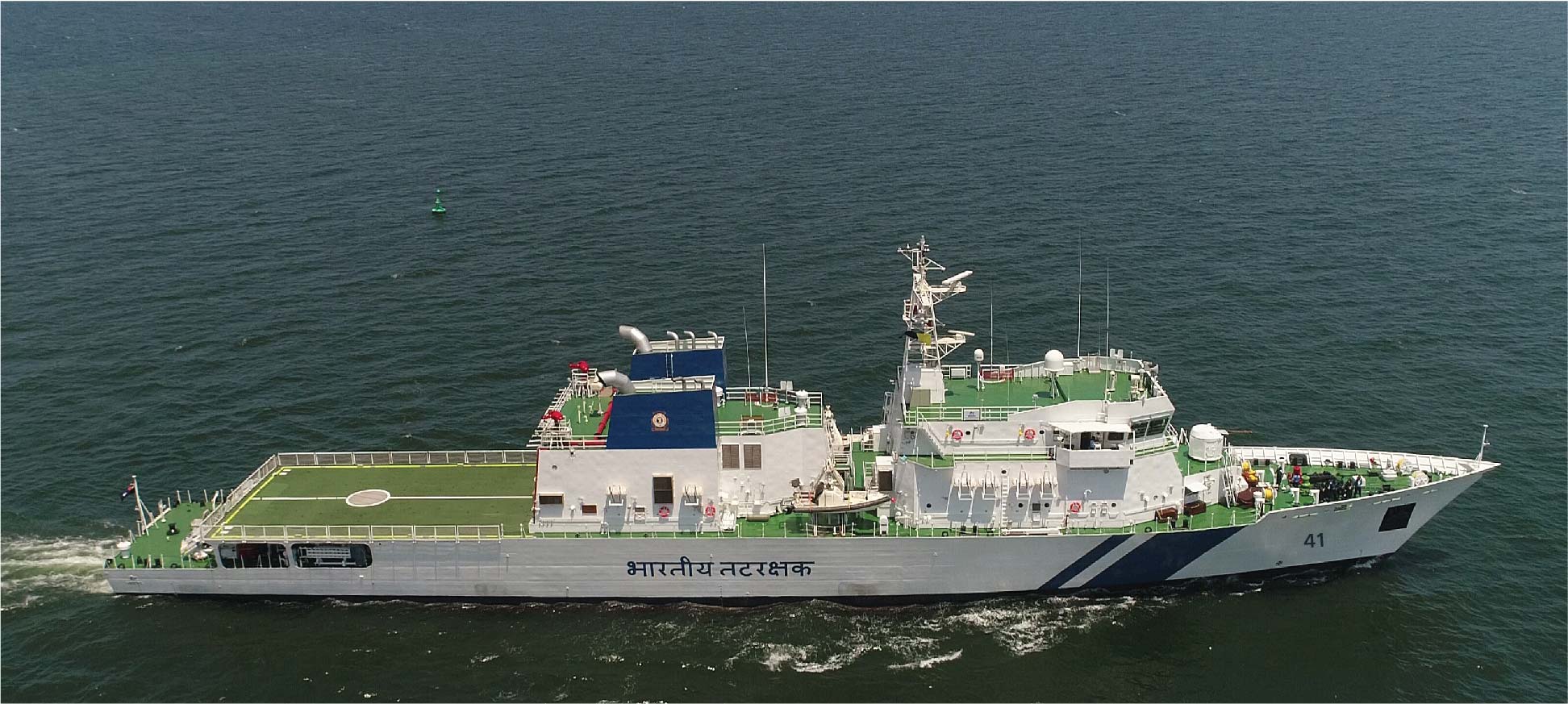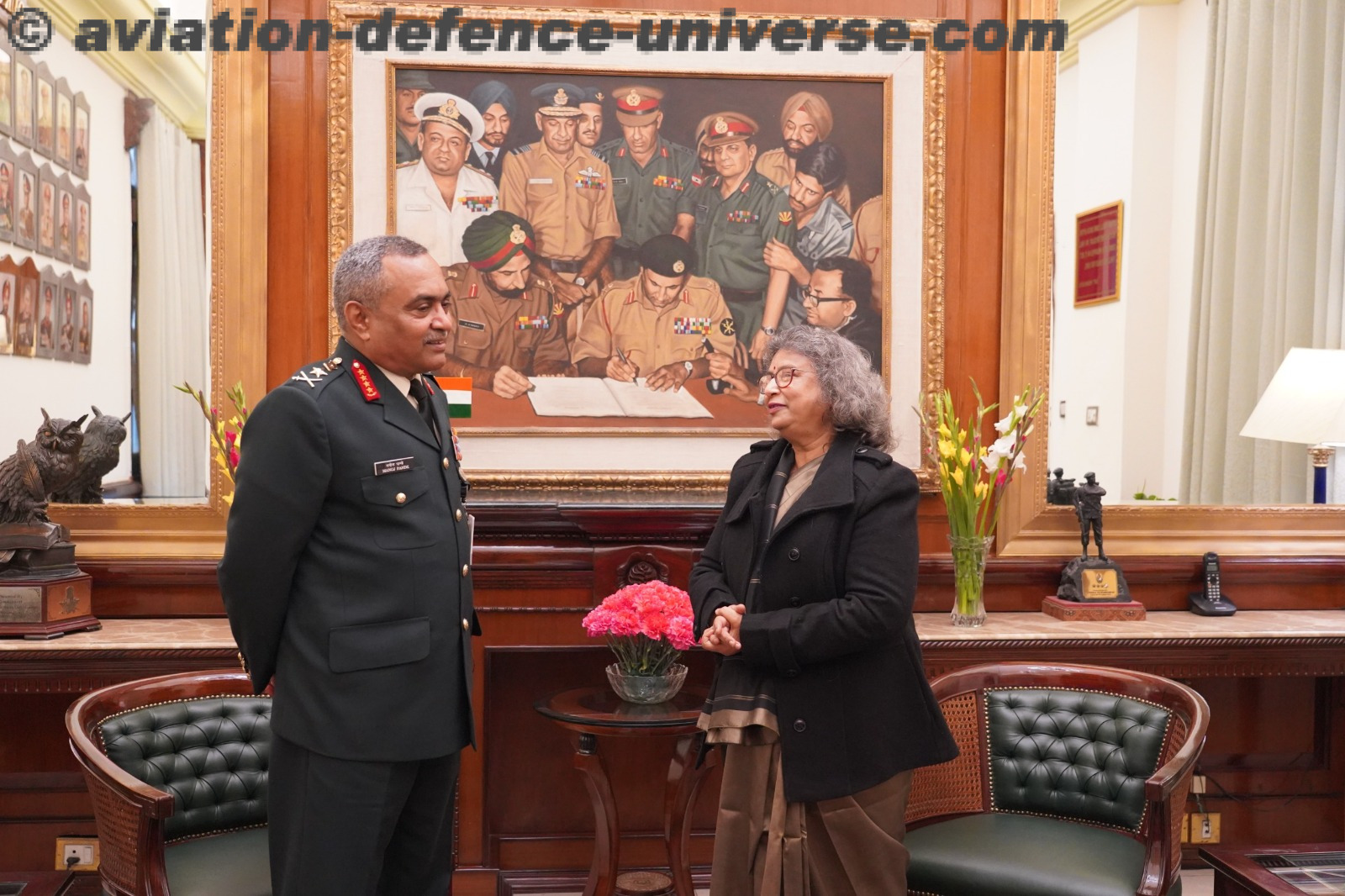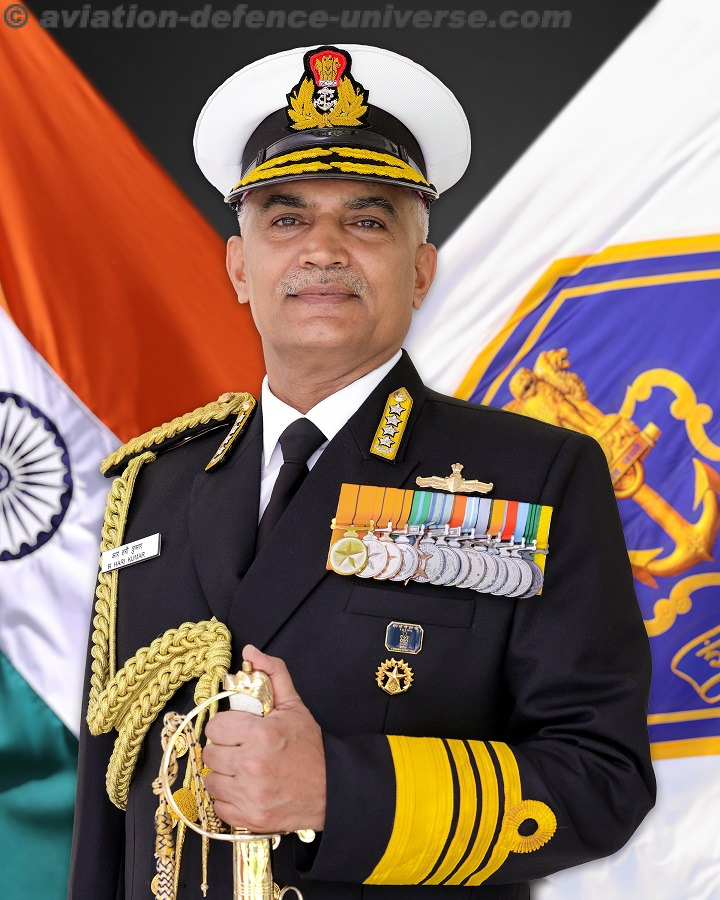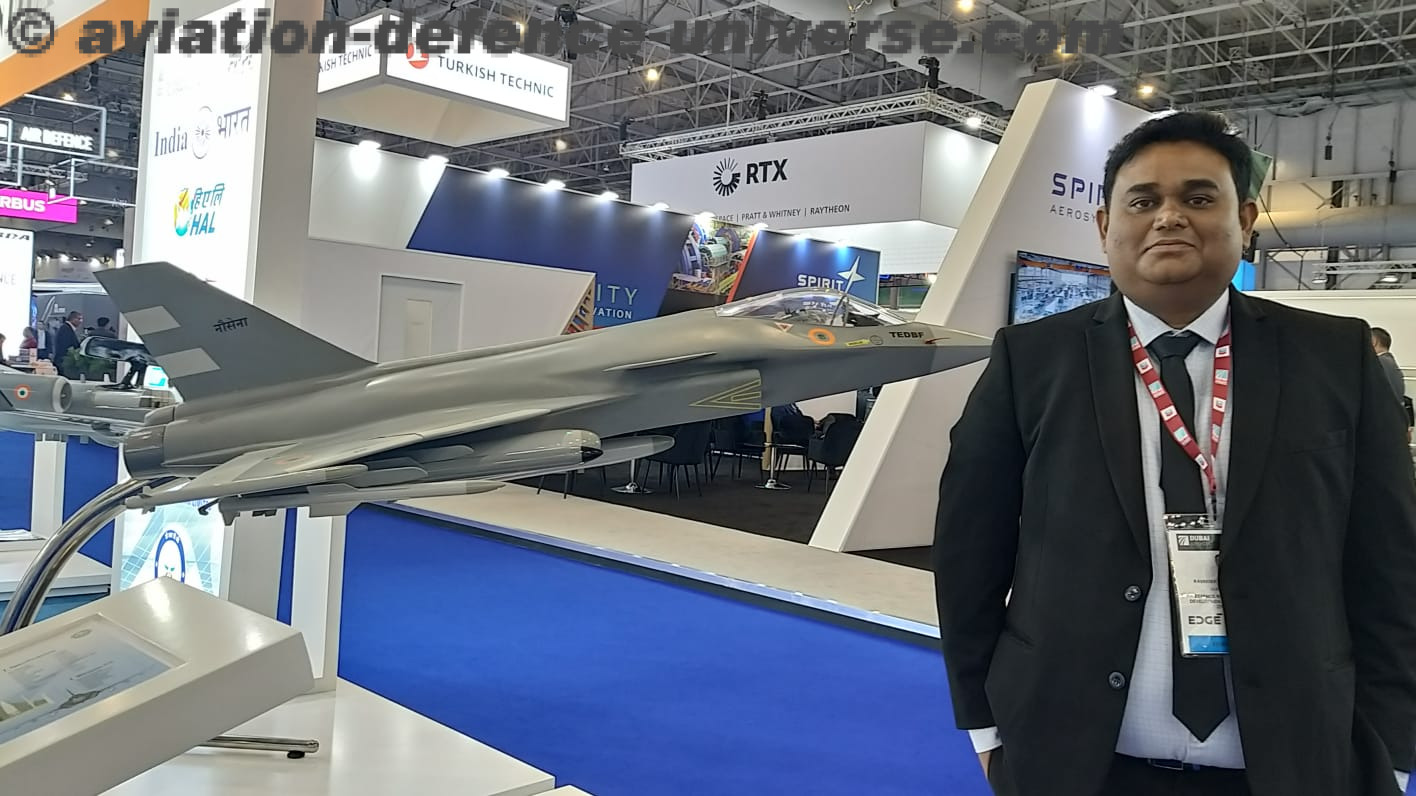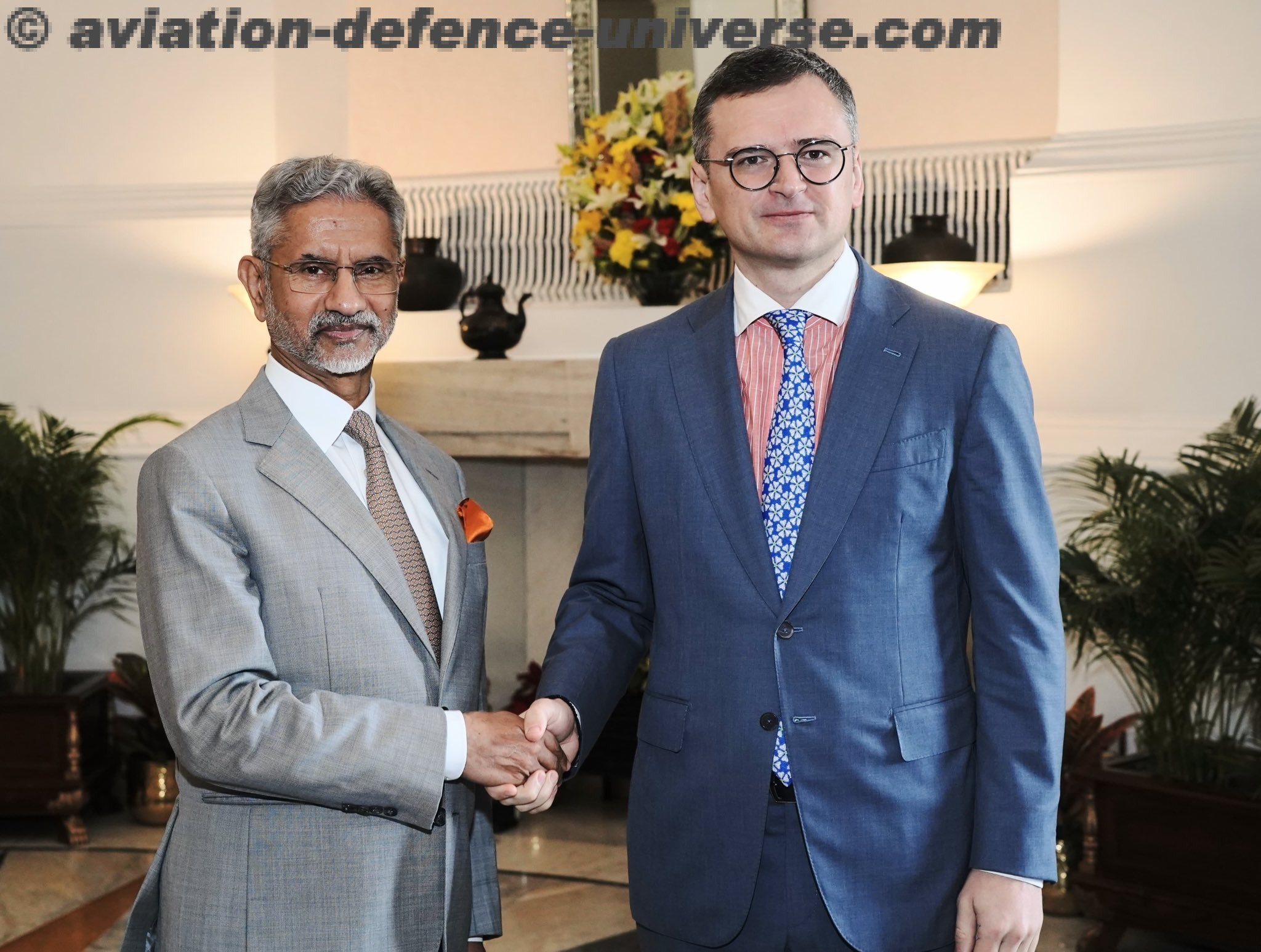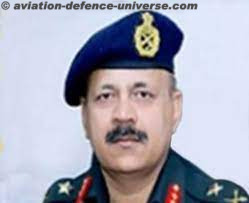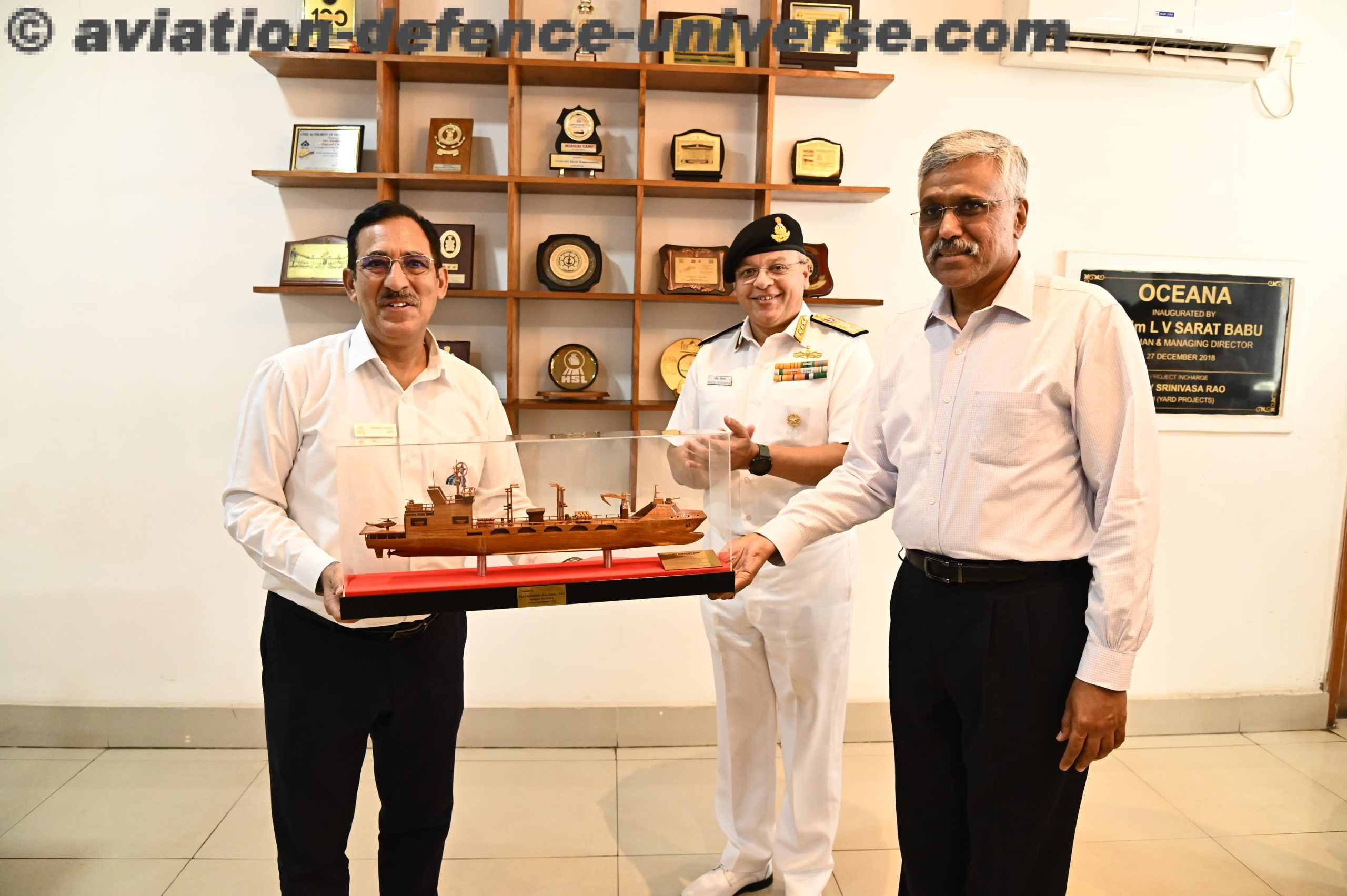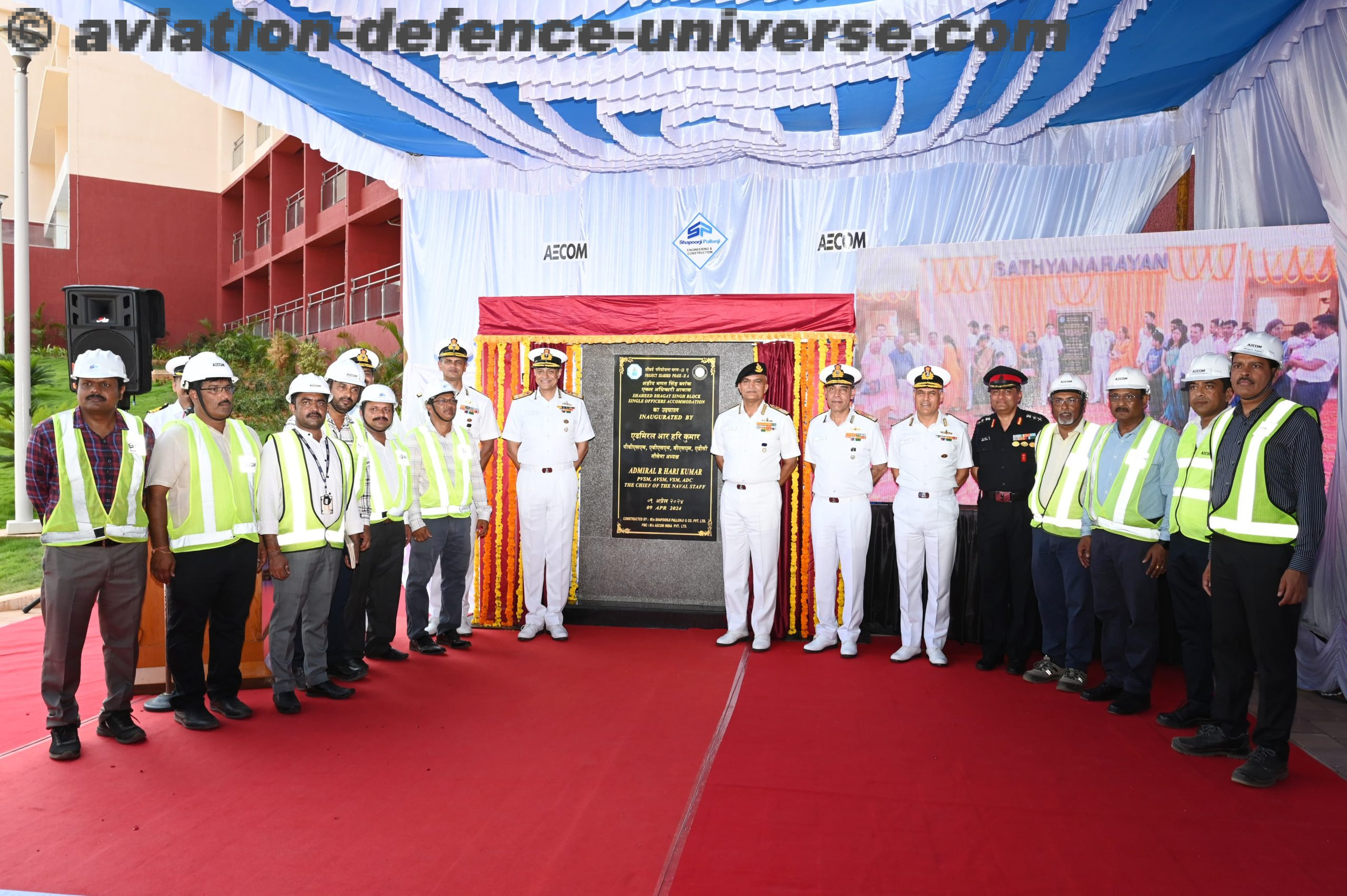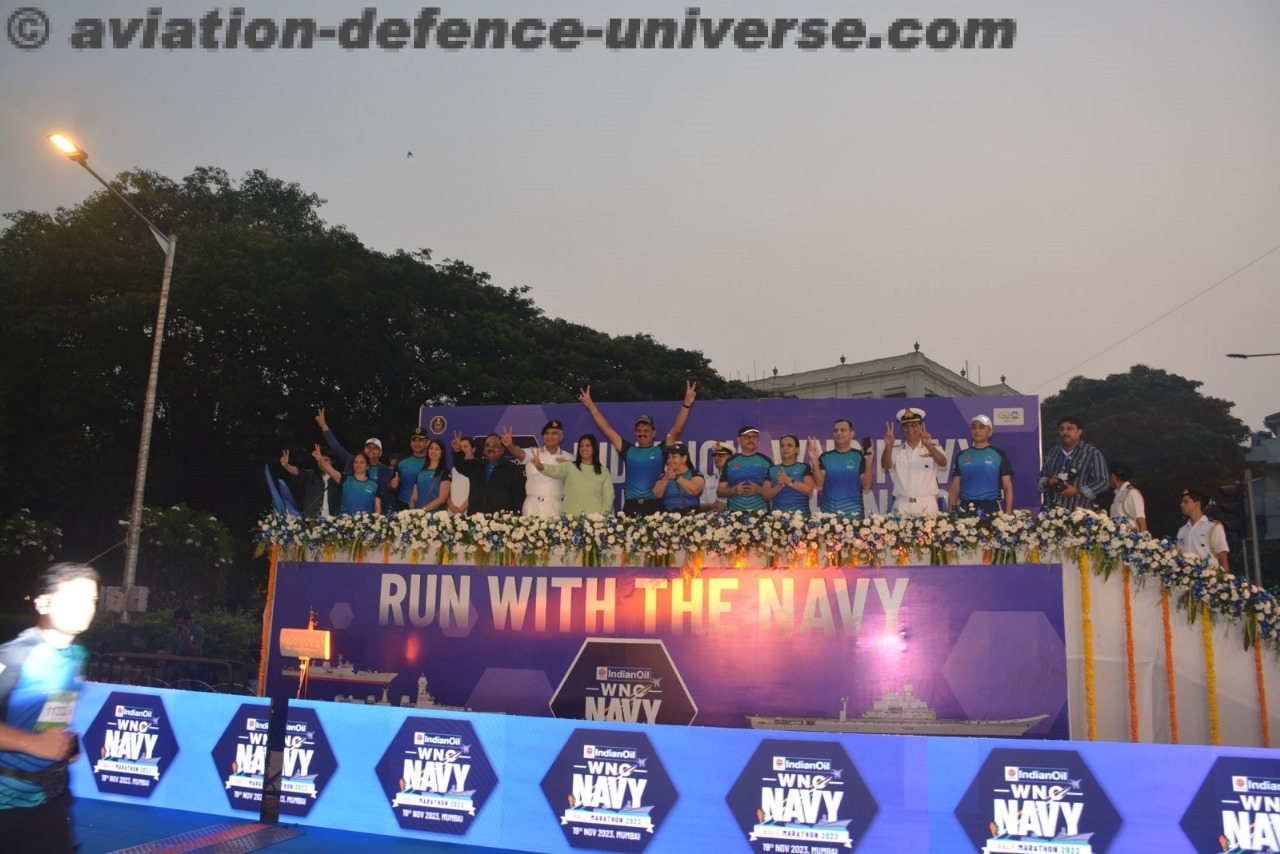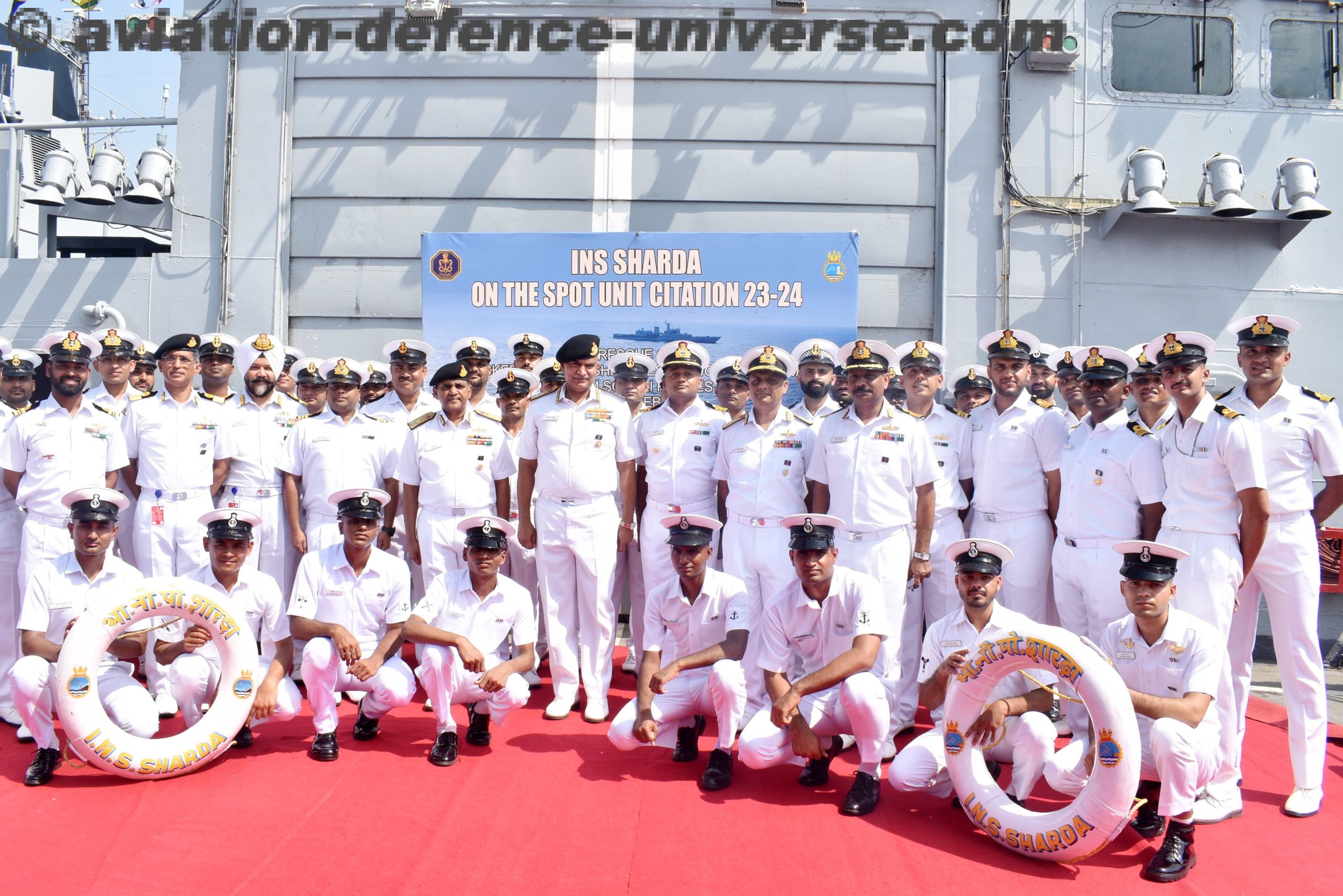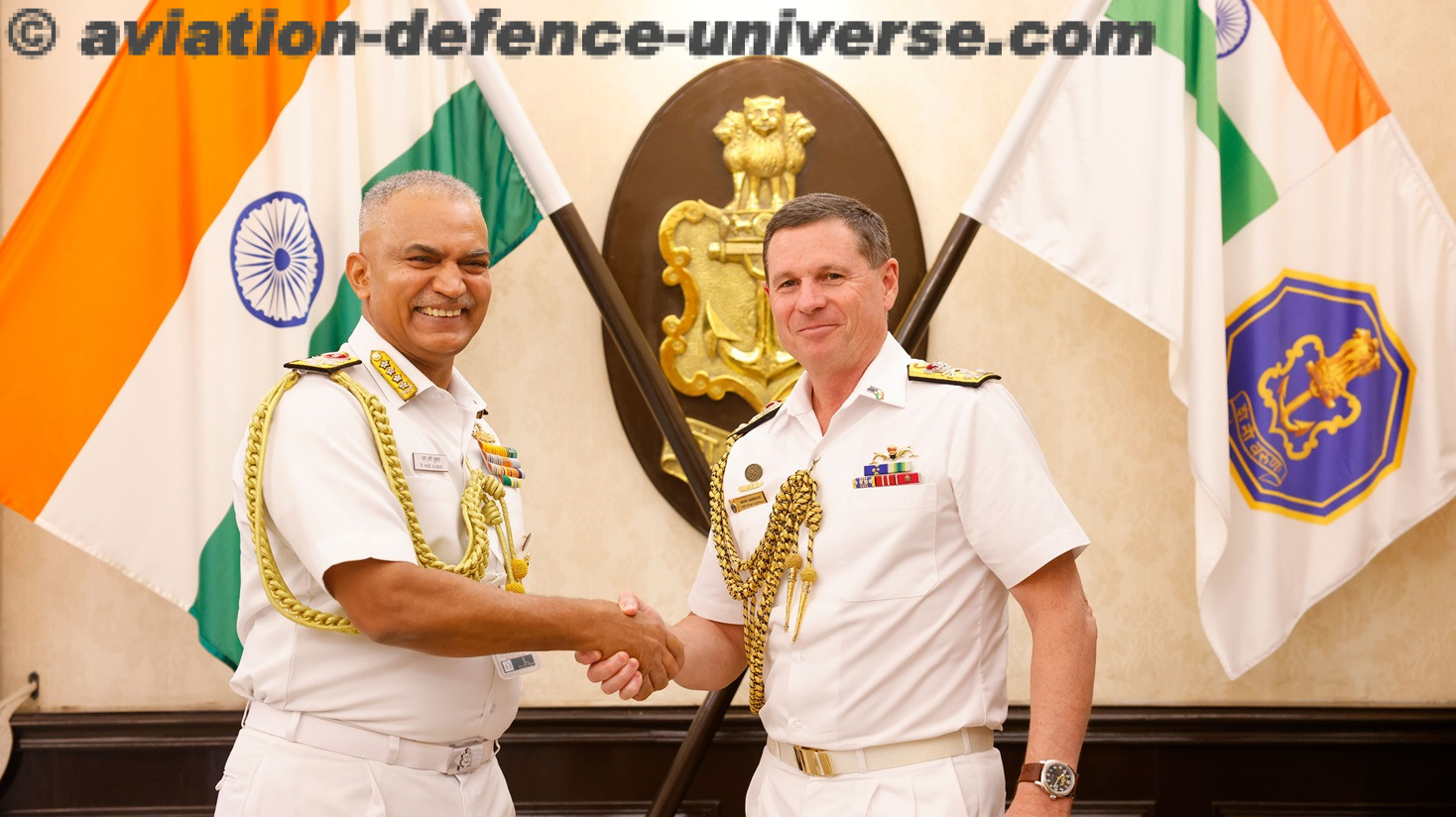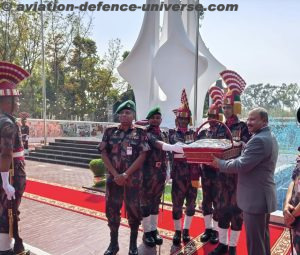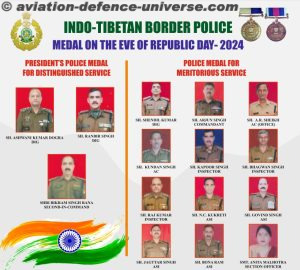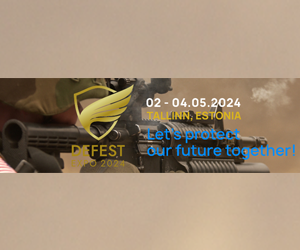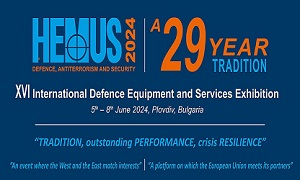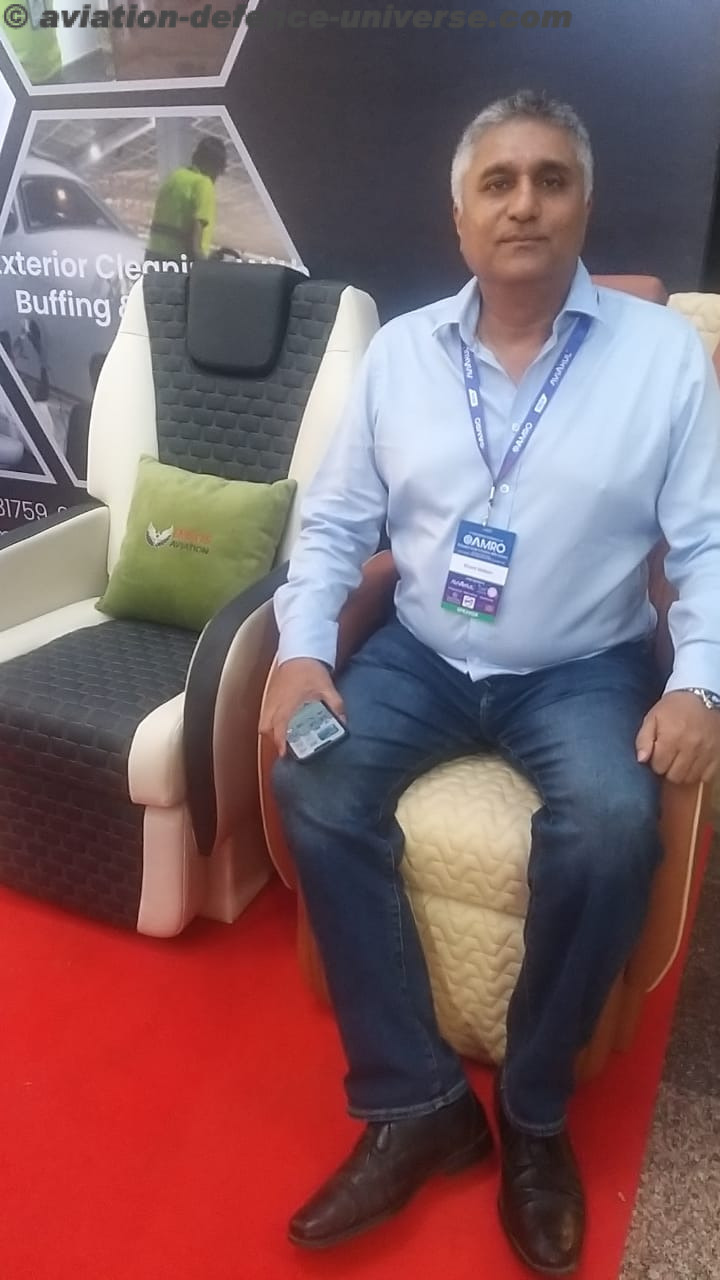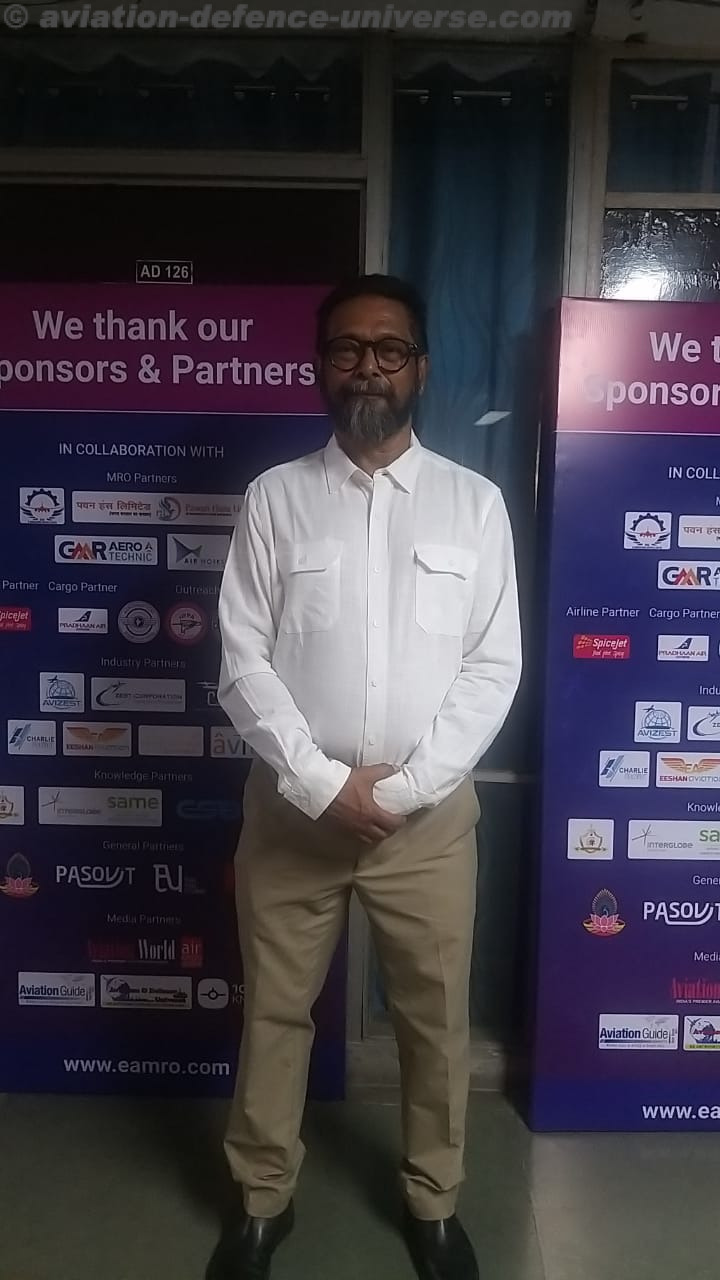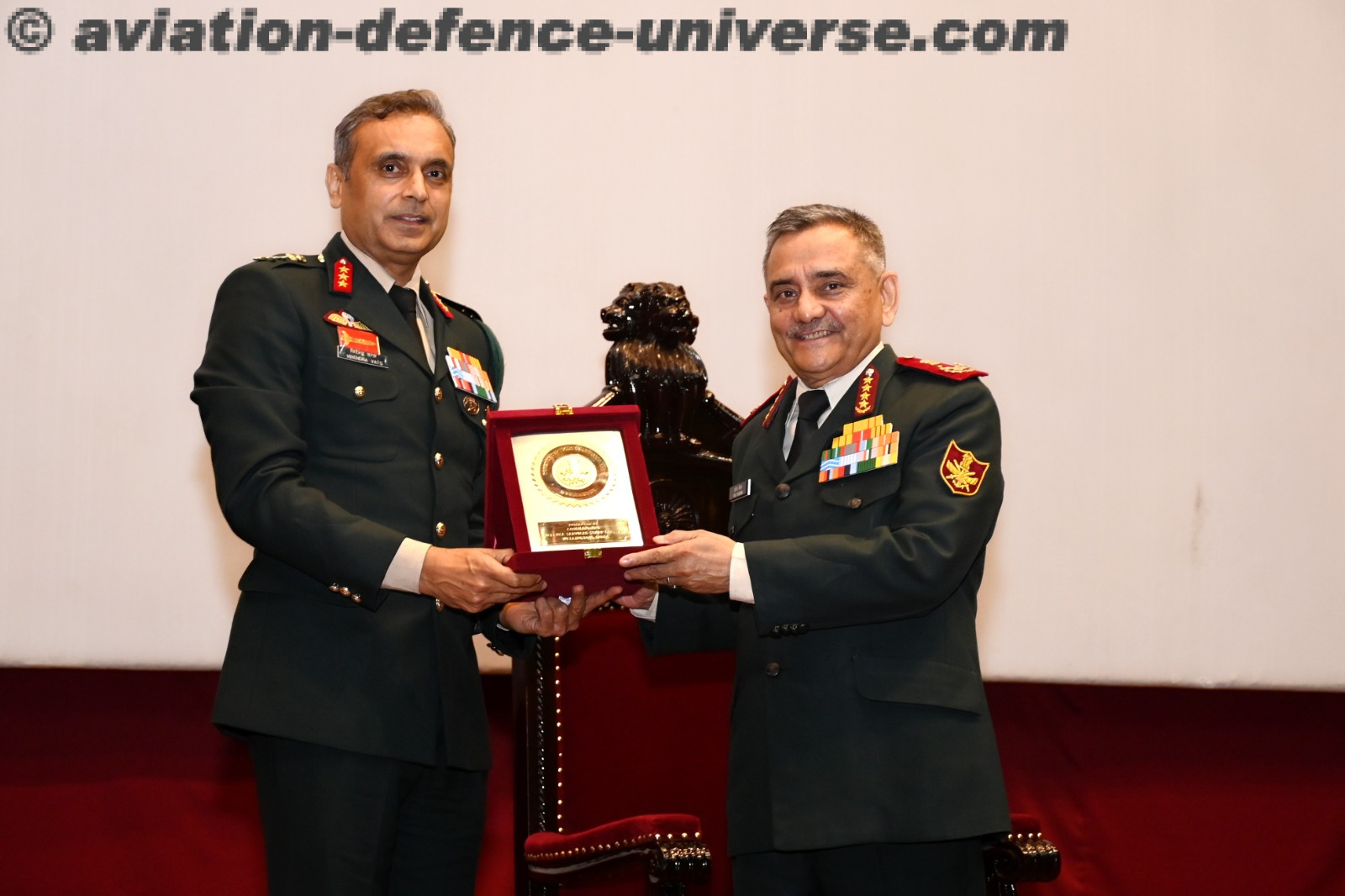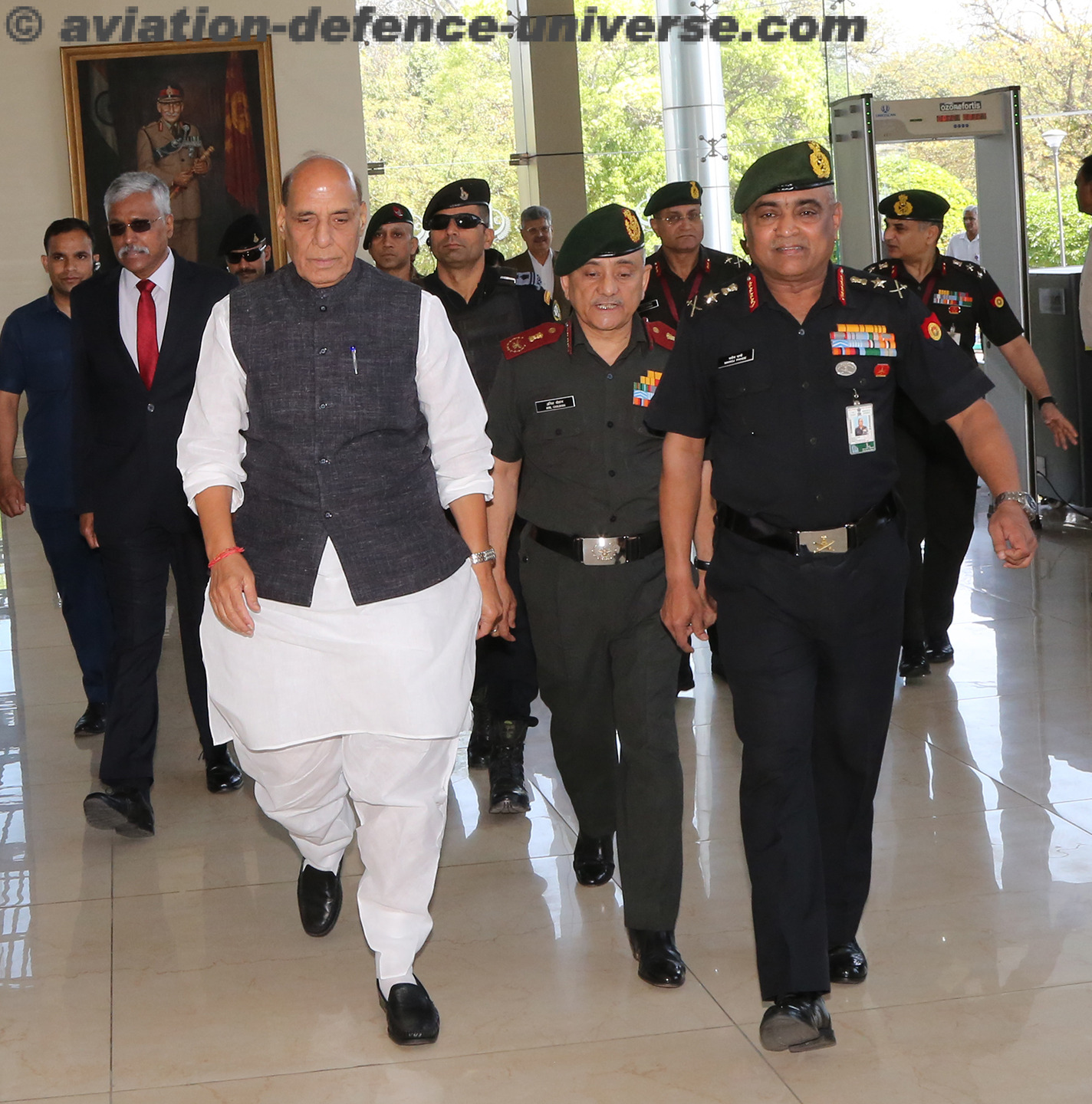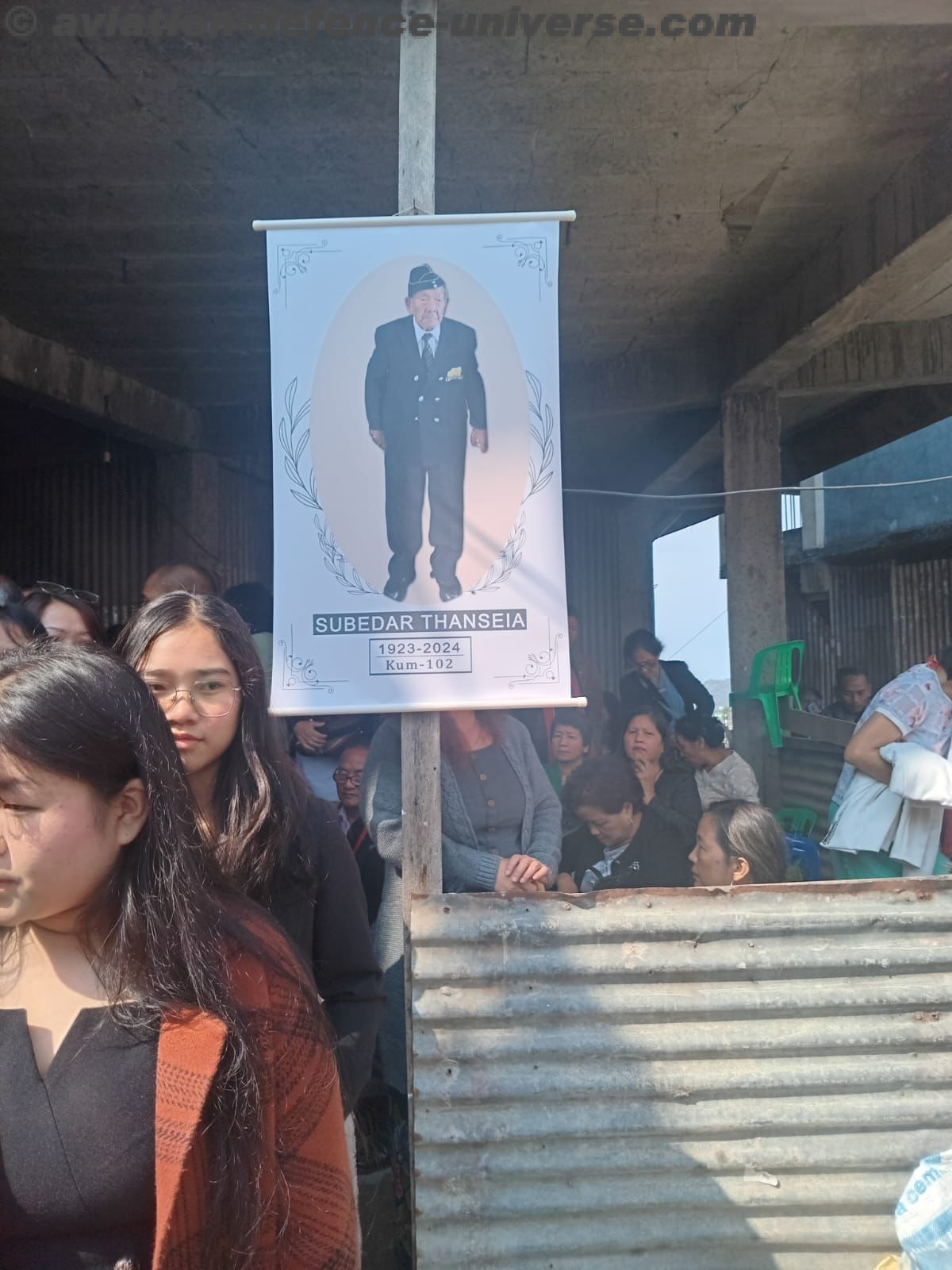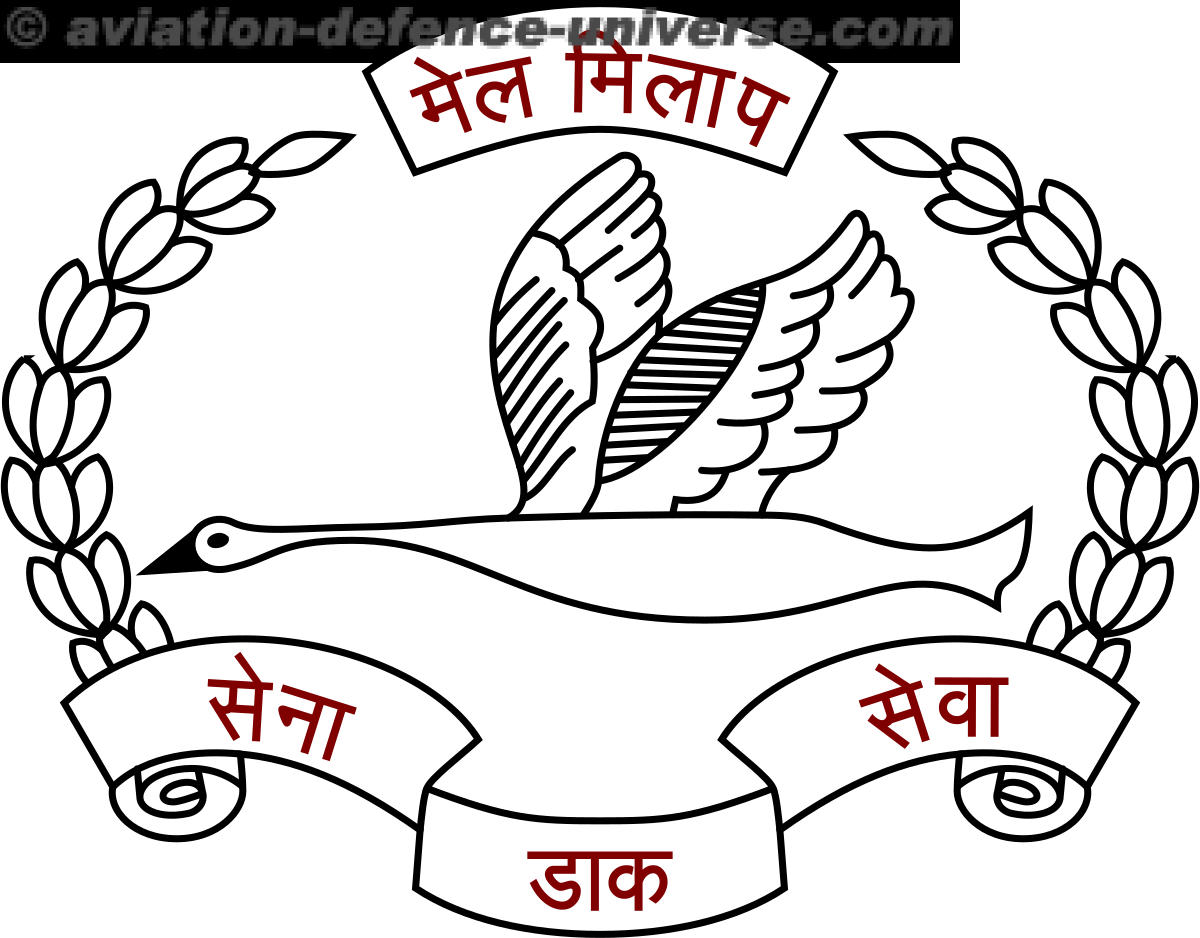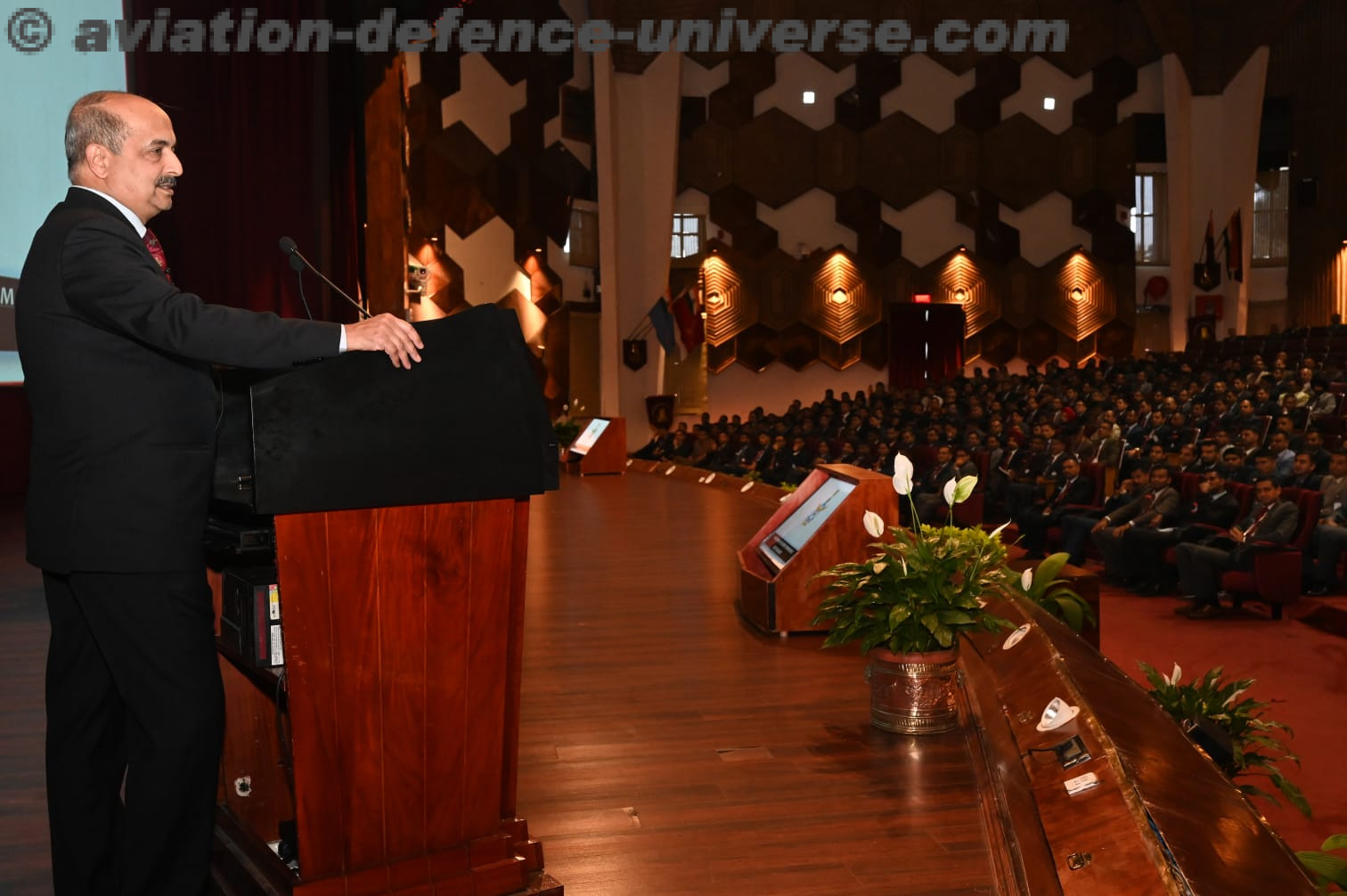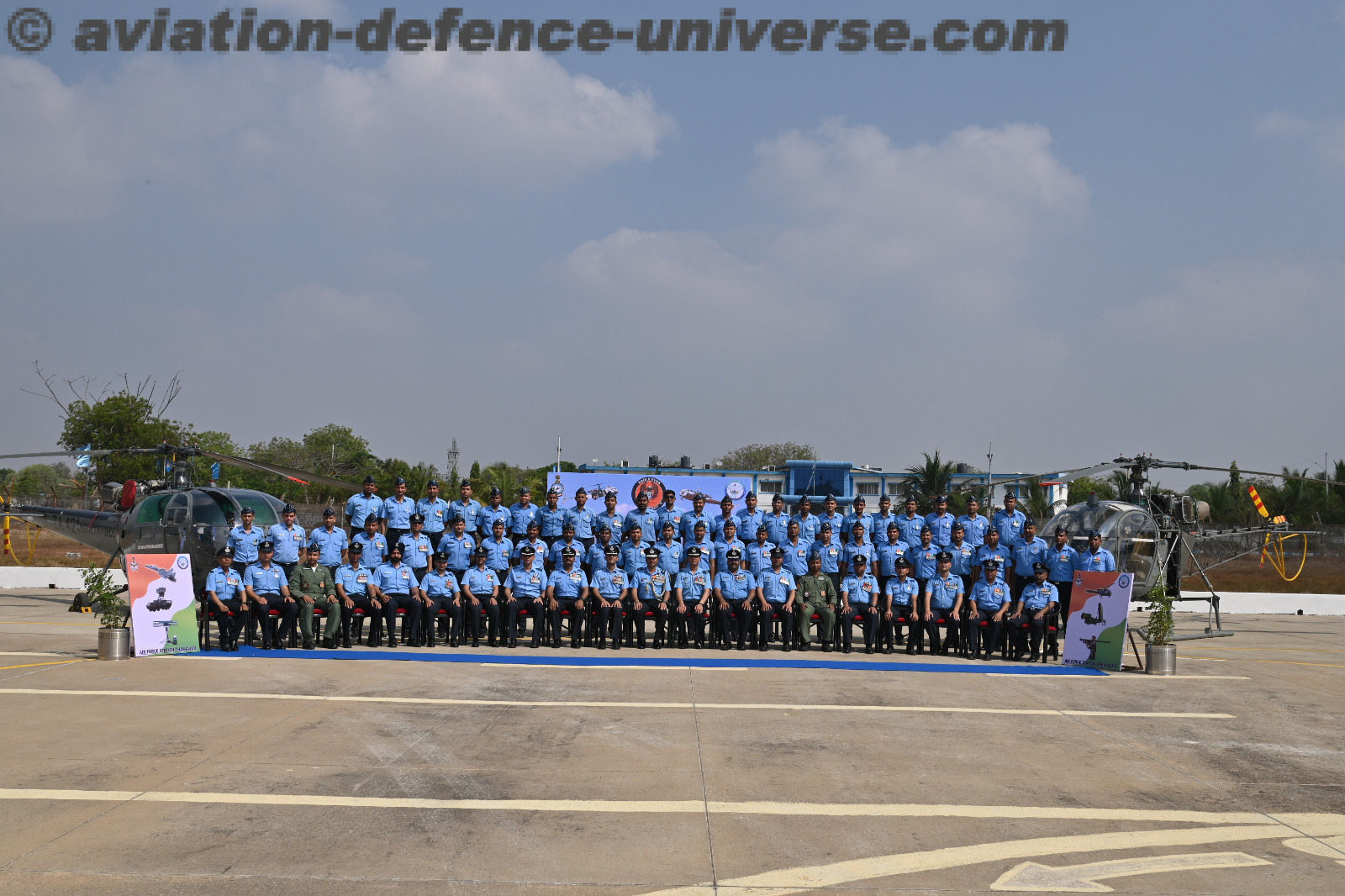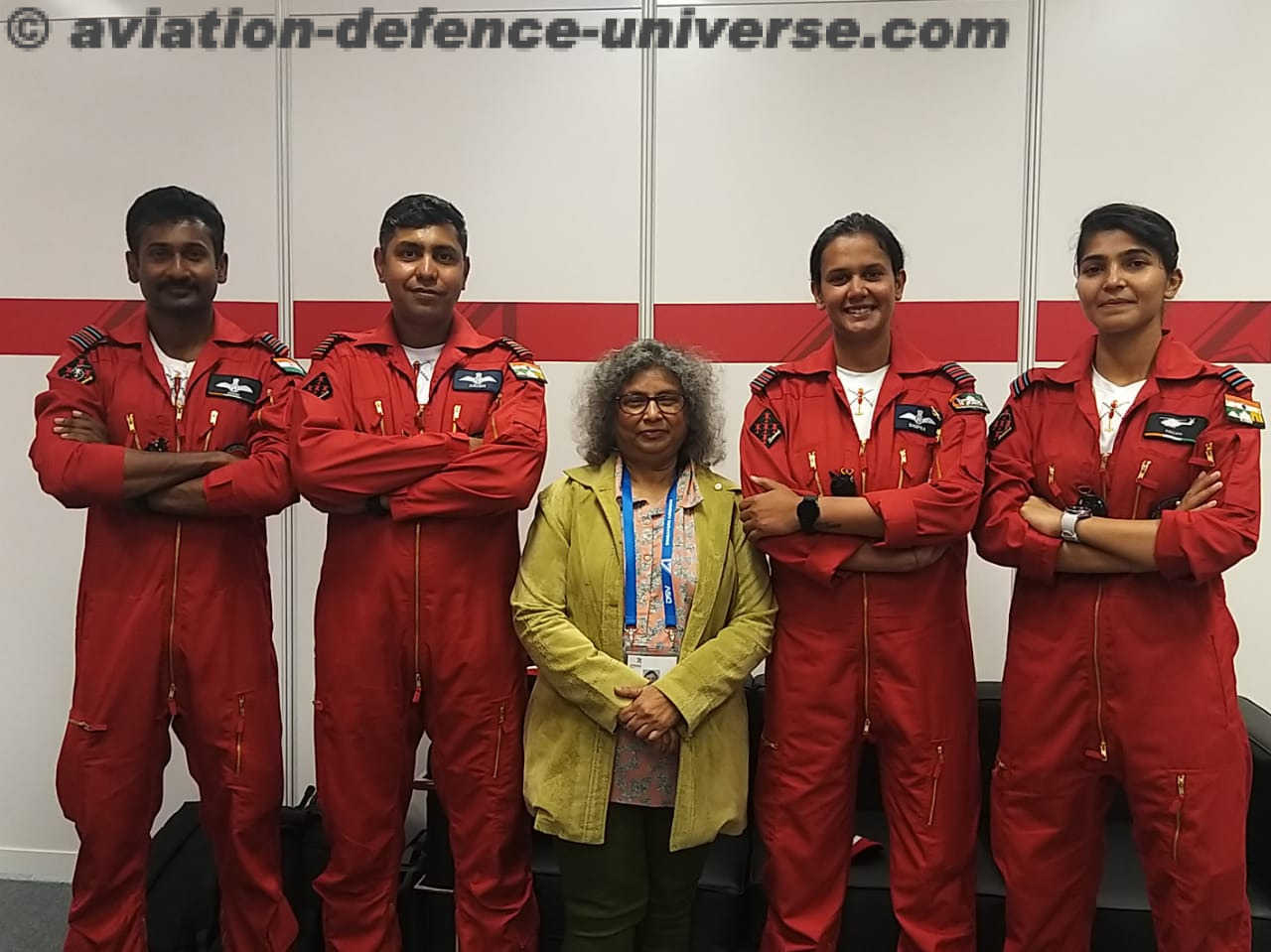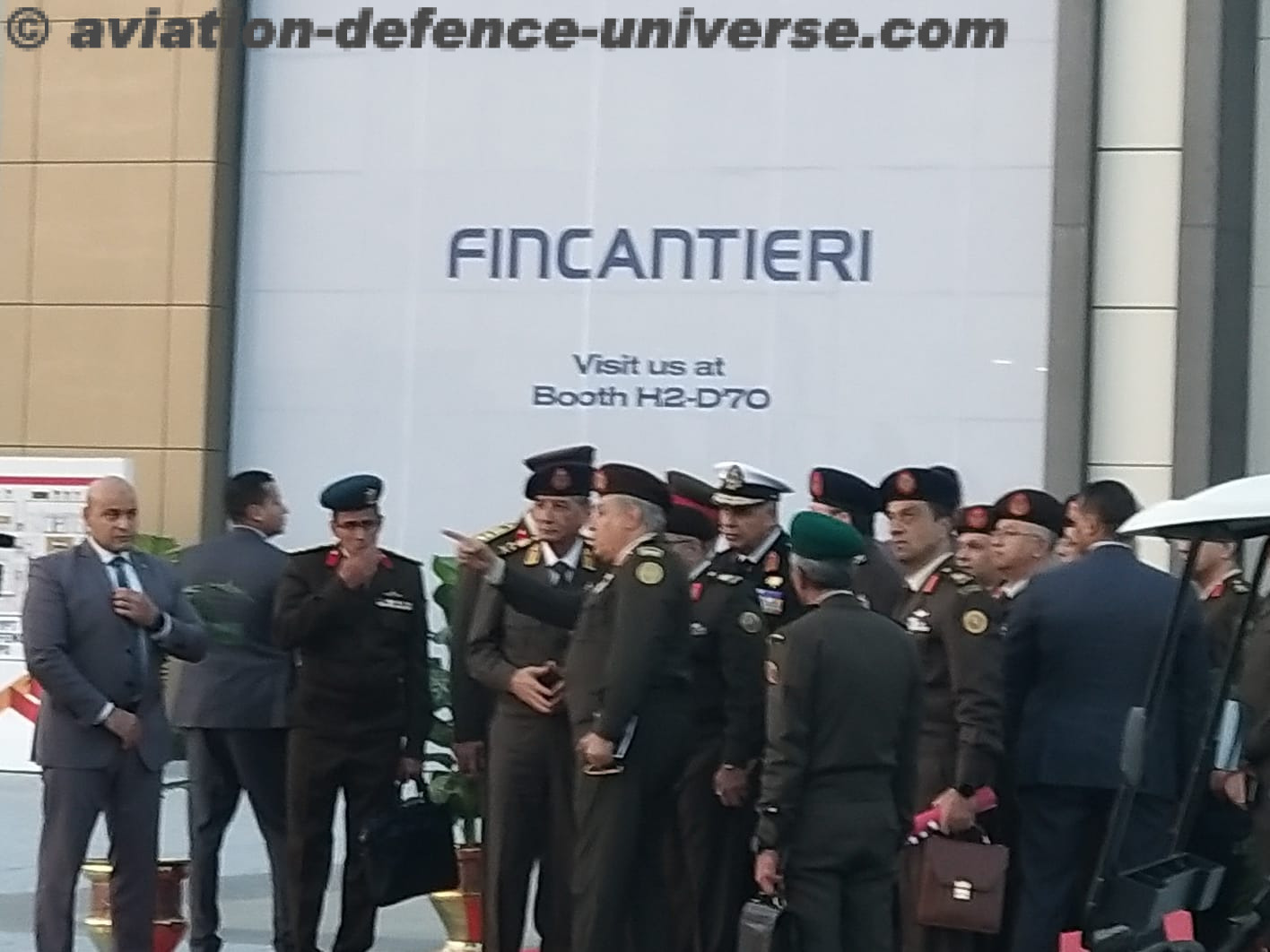- Smart & strict police force needs to be sensitive towards victims: MoS for Home Affairs
NEW DELHI, 5 May 2016. Haribhai Parathibhai Chaudhary, Minister of State for Home Affairs, Government of India and Maninderjeet Singh Bitta, Chairman, All-India Anti-Terrorist Front, felicitated the winners of FICCI SMART Policing Awards 2016.
This was the first-ever initiative in SMART Policing, where FICCI, with its commitment to Homeland Security, initiated ‘FICCI SMART Policing Awards’ to felicitate best practices in SMART Policing, under various categories, like (i) Anti-insurgency; (ii) Child Safety; (iii) Community Policing; (iv) Cyber Security; (v) Elderly Safety; (vi) Human Trafficking; (vii) Road Safety and Traffic Management; (viii) Women Safety; and, (ix) Other Policing Initiatives. Over 90 entries were received from 19 State Police Forces and 3 Central Armed Police Forces for FICCI SMART Policing Awards 2016.
Appreciating FICCI’s efforts, in his keynote address, Chaudhary said that the police force was smart and strict but there was a need for them to be sensitive as well. The officers manning the police stations must display a sensitive attitude towards victims which would allow the citizens to feel secure and safe. He added that the police should not come across as an intimidating authority.
Chaudhary said that the new-age criminals were educated and technologically advanced hence the government was making a conscious effort to provide the police and security forces with advanced technology to combat terrorism. He added that scholarship schemes were also being introduced for the education of martyred police officers’ children.
The Minister said that there was also a need for building and boosting the confidence of the police officers at the lower rungs. He suggested that the senior officials should visit their subordinates on a regular basis and work towards building a strong foundation of trust.
On the occasion, Chaudhary released the FICCI Compendium on Best Practices in SMART Policing. The compendium of the best practices will be shared with relevant ministries/departments in the Central as well as State Governments. The compendium will help the government machinery and police departments in learning from the experiences of other states and also for possible adoption of the best practices to further enhance policing initiatives.
Maninderjeet Singh Bitta said that the safety and security of the citizens was a matter of national interest and there should be no political interference in the matter. Police and security forces of the country must have a free-hand while dealing with terrorism and there should be no compromise with terrorism. Bitta said that the police officers should be empowered across the country on the lines of Punjab Police, which follows a clear mandate on terrorism and has the authority of retaliating against any terror attacks. He added that India could become a hub of security if there was a clear policy on dealing with matters of terrorism and security.
Harshavardhan Neotia, President, FICCI, said that FICCI is committed to the cause of security and safety and assured FICCI’s continued support to law enforcement agencies in their efforts for police modernisation and SMART Policing. He added that FICCI would be happy to work with the State Police Forces and Central Armed Police Forces on various projects and programmes which can lead to implementation of various SMART Policing initiatives across India.
Neotia said that in the recent past, many security and law enforcement agencies in India have made concrete efforts in eliminating the security challenges of modern Indian cities. The Indian police forces have introduced new innovations in policing to overcome new challenges, and to fulfil the aspirations of the citizen for better security. Thus, the best practices adopted by the police forces needs recognition, appreciation, dissemination and replication.
In his closing address, G.K. Pillai, Chairman, FICCI Committee on Homeland Security and Former Union Home Secretary, said that there was a need for senior police officials to spend time with their subordinates both on and off the field to win loyalty and support of the force.






